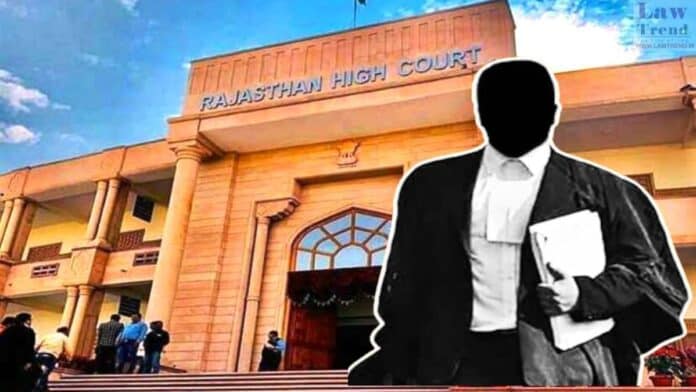In a significant ruling, the Rajasthan High Court, led by Justice Rekha Borana, imposed a ₹50,000 fine on a lawyer for misleading the court with false submissions to secure priority listing of a case. The court observed that the lawyer’s conduct amounted to abuse of judicial process and wasted valuable judicial time. The ruling came
To Read More Please Subscribe to VIP Membership for Unlimited Access to All the Articles, Download Available Copies of Judgments/Order, Acess to Central/State Bare Acts, Advertisement Free Content, Access to More than 4000 Legal Drafts( Readymade Editable Formats of Suits, Petitions, Writs, Legal Notices, Divorce Petitions, 138 Notices, Bail Applications etc.) in Hindi and English.




